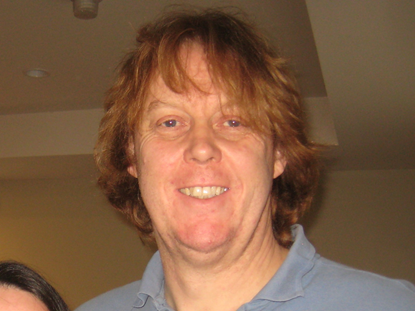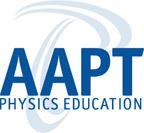- Home
- What We Do
- Laboratory Immersions
- Immersions 2019
- Imm2019KWU_PulsedNMR
Pulsed NMR
Kansas Wesleyan University, 3-5 June 2019
(One set-up)
All of the chemical, and most of the physical, properties of matter can be explained in atomic models which treat their nuclei merely as point charges +Ze. But one more property of nuclei can be revealed by extremely low-energy interactions; this is the nuclear magnetic moment, which can interact with external magnetic fields. Nuclear Magnetic Resonance (NMR) is a radio-frequency technique which is sensitive to such magnetic moments, and it can be used to understand the magnetic properties of atoms on a microscopic scale. Because it is a non-destructive technique applicable to bulk matter at room temperature, it is very widely used in physics, chemistry, biology, and medicine.
This Immersion introduces instructors to the technique of NMR most frequently used nowadays, called ‘pulsed NMR’ for the time-sequence of interventions it employs. It uses TeachSpin’s PS2-A spectrometer, optimized for instruction and for low cost of operation, to display the phenomenon of NMR in samples containing 1H (ie. proton) and 19F nuclei. The system includes the permanent magnet (of field ≈ 0.5 T) and all the radio-frequency electronics needed to conduct experiments in pulsed NMR; this permits the measurement of the relaxation times T1 and T2, revealing the effects of local magnetic environments in a variety of liquids and soft solids.
The PS2-A system used is also adapted to create that mapping between spatial position (in one dimension) and frequency-of- resonance which is the basis of all NMR imaging (ie. MRI) techniques.
Participants need only bring a notebook or laptop.
The PS2-A system costs about $18,200, and requires in addition only a general-purpose oscilloscope.

Declan Mulhall received his Ph.D. from Michigan State University where he worked in theoretical nuclear physics at the National Superconducting Cyclotron Laboratory. After 2 years as a visiting assistant professor at Cal Poly, San Luis Obispo, he joined the Physics/EE department at the University of Scranton. He has taught a wide range of courses, but became enamored of the upper-division labs. Consequently his scholarship is moving from quantum chaos in the nucleus to developing upper division labs at his home department. He has revised the physics department’s curriculum to include laboratory courses in optics, electronics for physics, and an advanced lab. He has attended many ALPhA Immersions and has implemented most of the labs in his home department. He is now on sabbatical where he is, among other things, and against his better judgement, trying to home-brew a simple cw-NMR apparatus.
Declan Mulhall, Physics/EE Department, The University of Scranton, 800 Linden St., Scranton PA 18510-4642.
Email Address: Declan.mulhall@scranton.edu Phone: 570-941-6296
Please note that the Jonathan F. Reichert Foundation has established a grant program to help purchase apparatus used in Laboratory Immersions. Limitations and exclusions apply, but generally speaking the foundation may support up to 40% of the cost of the required equipment.





